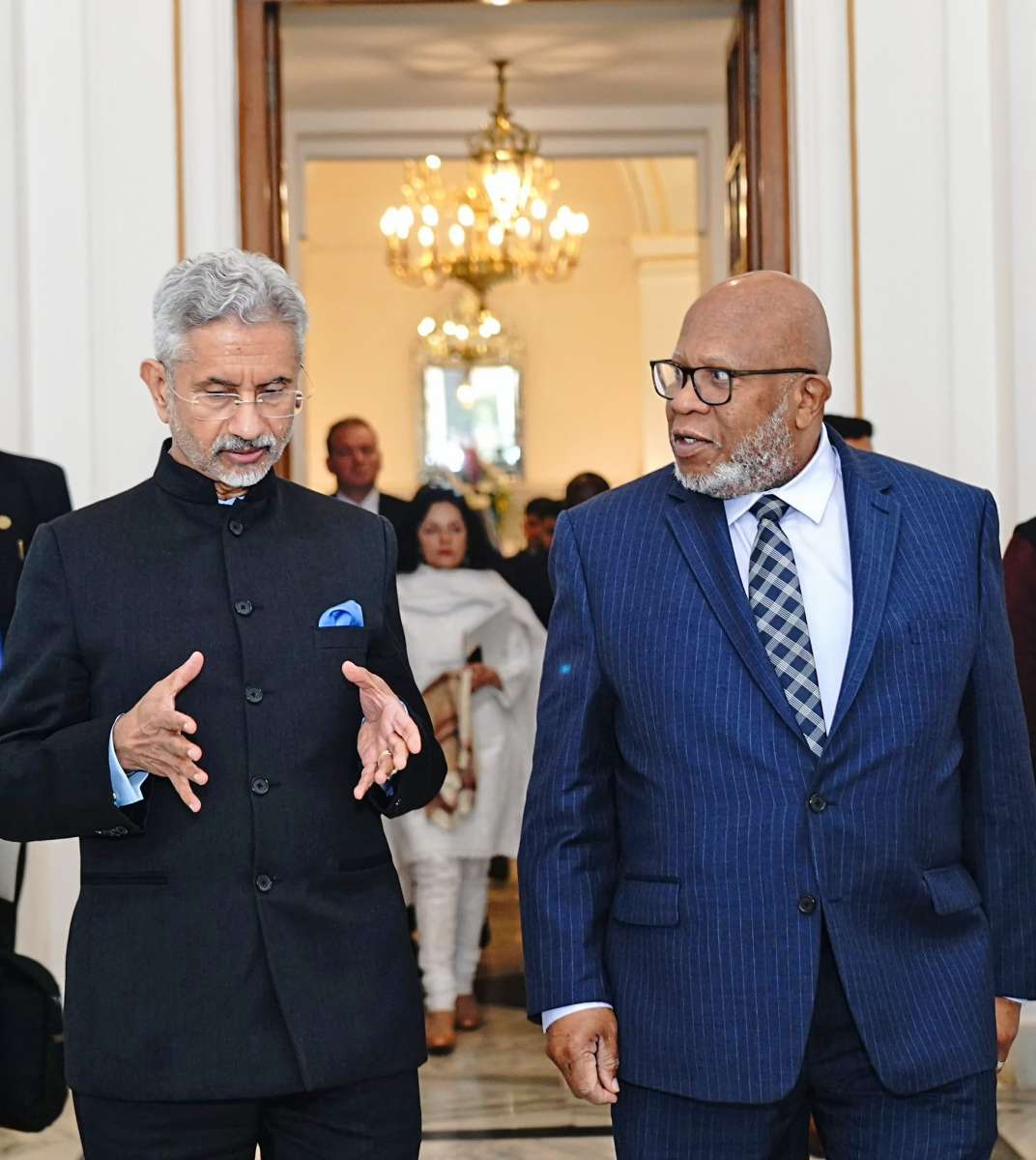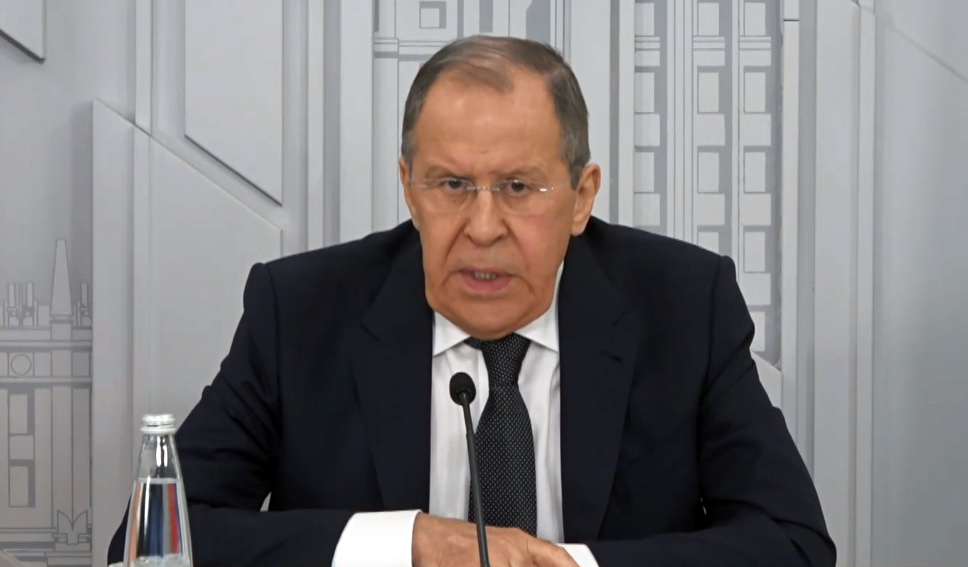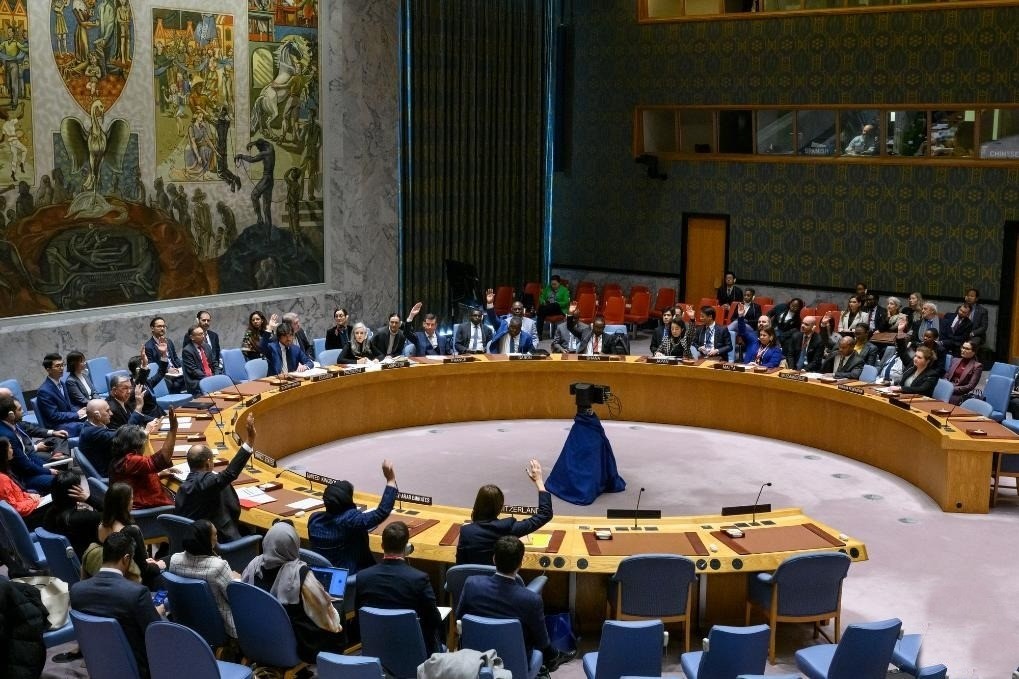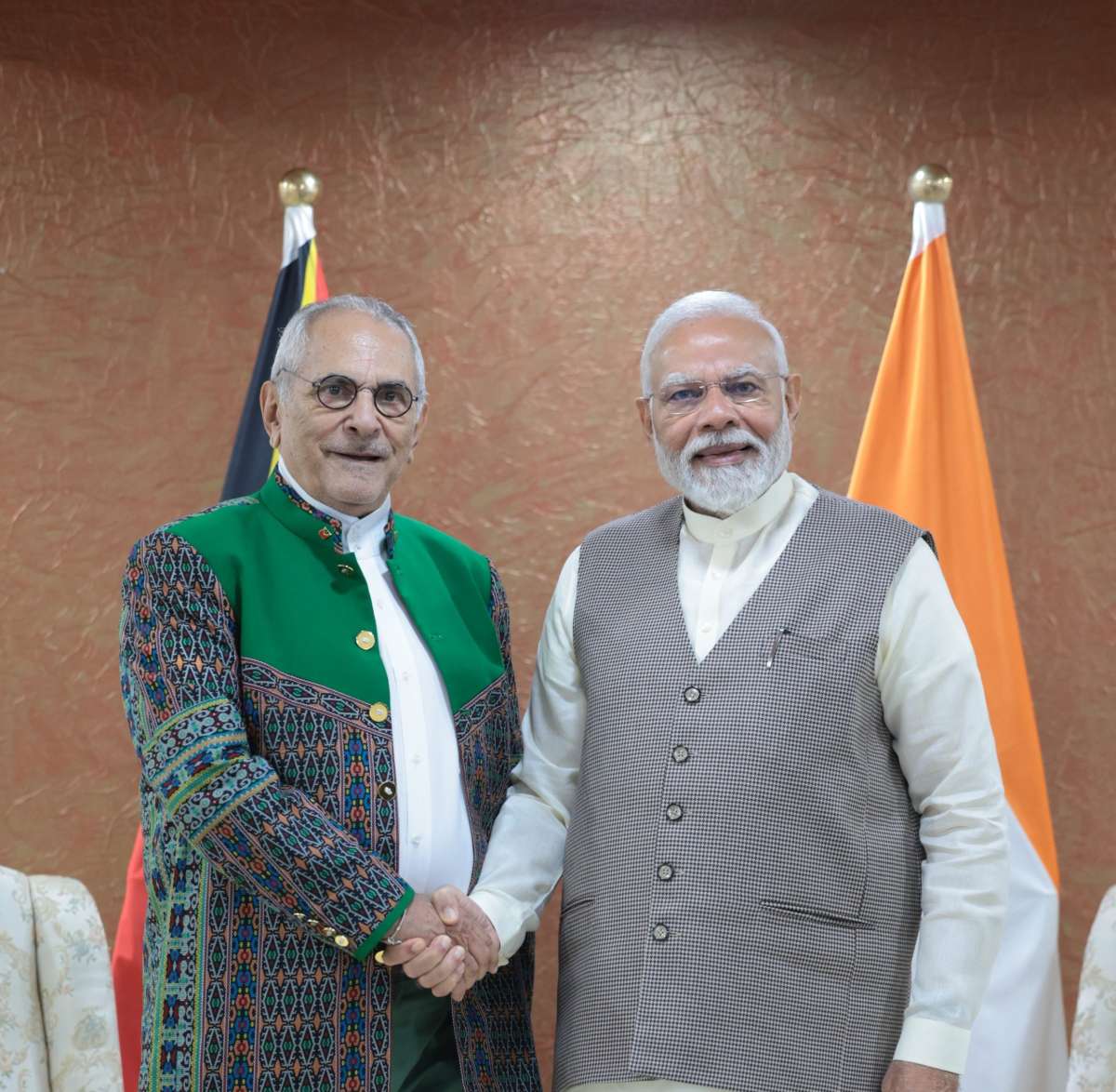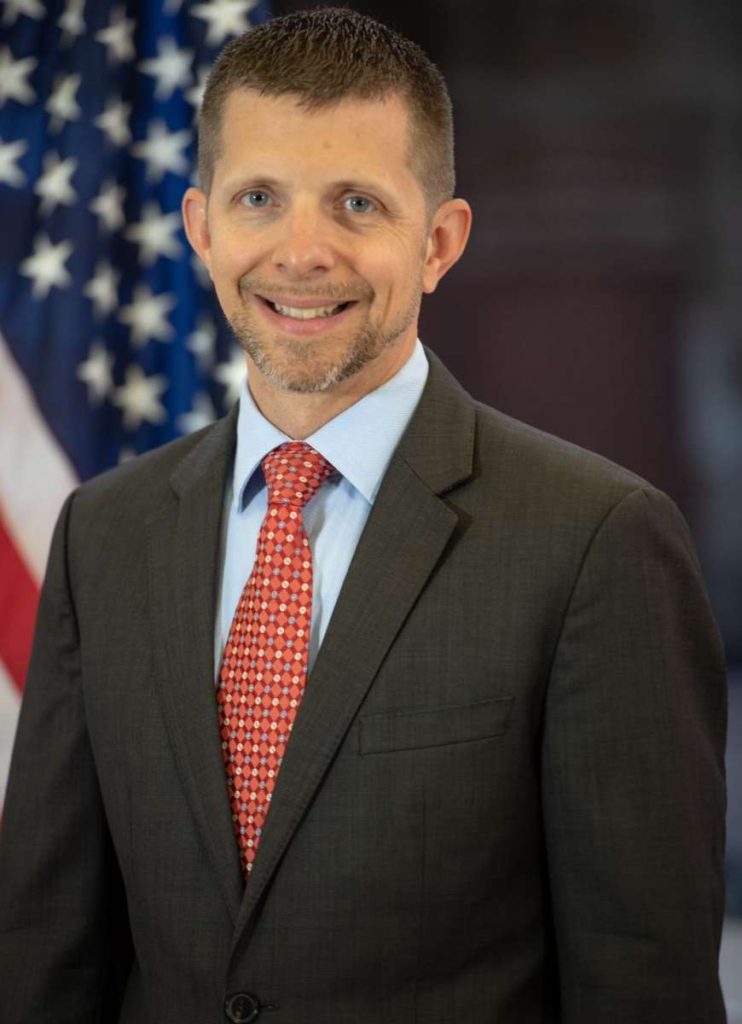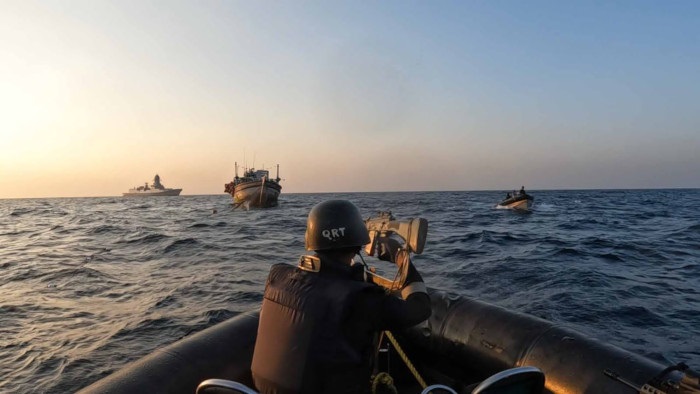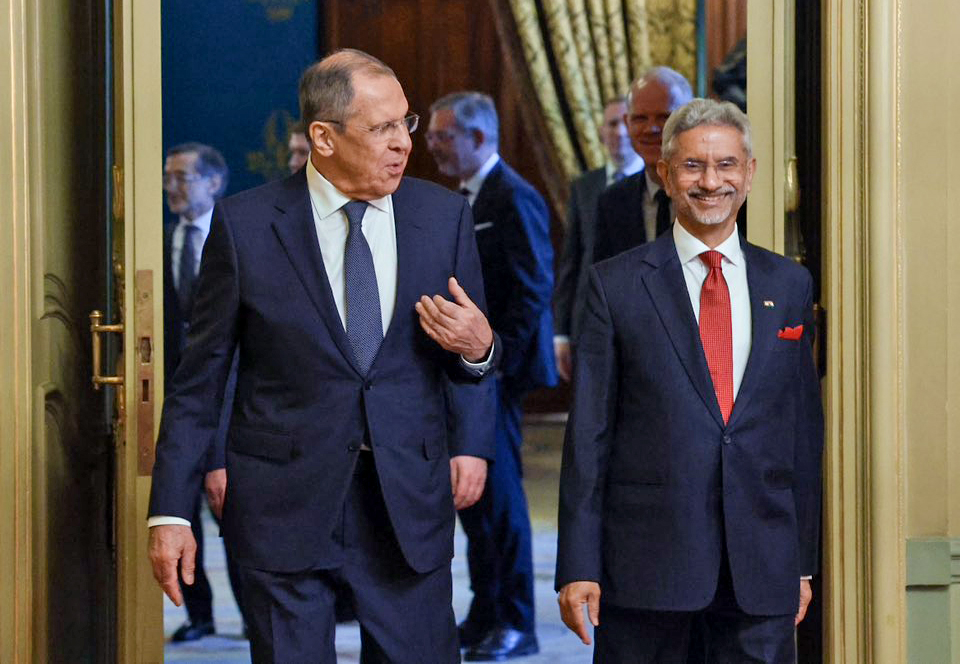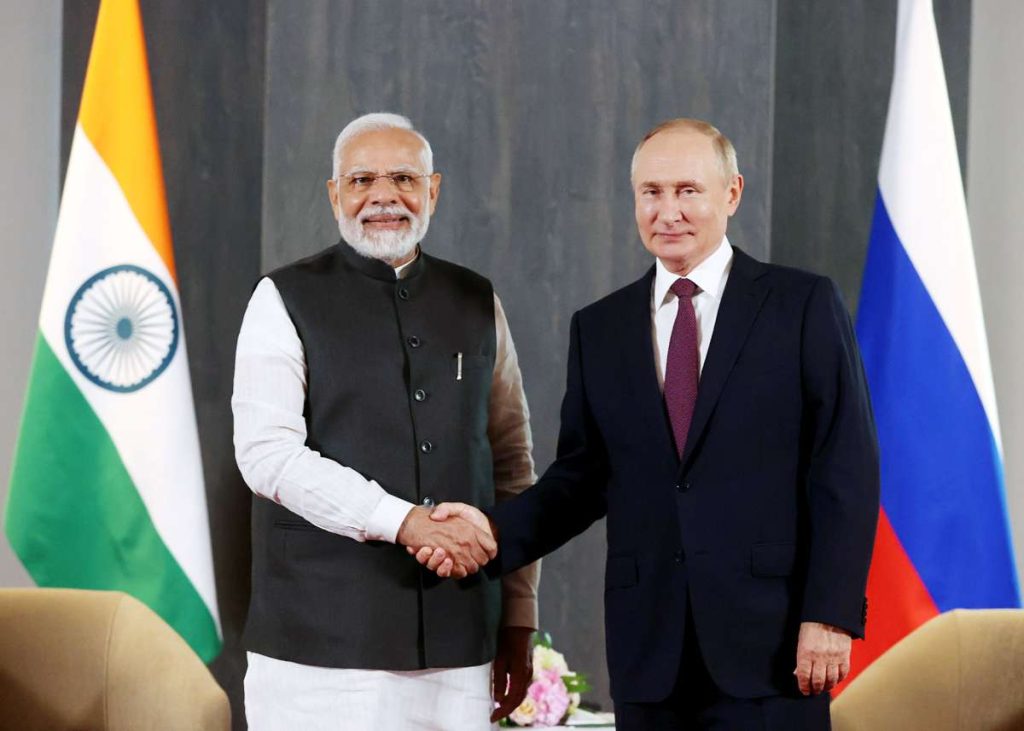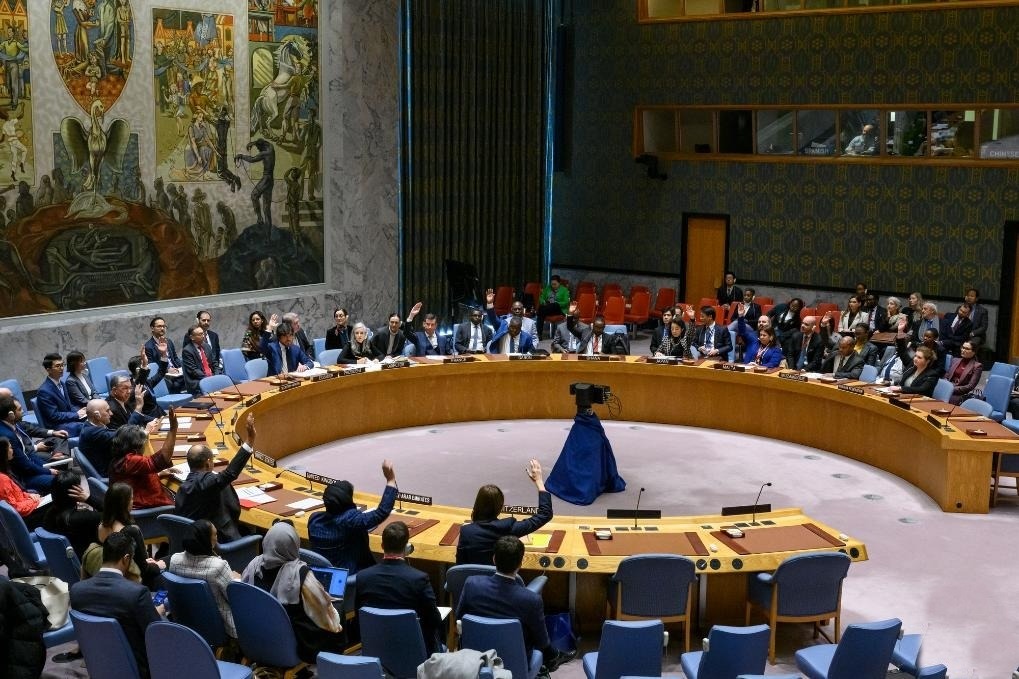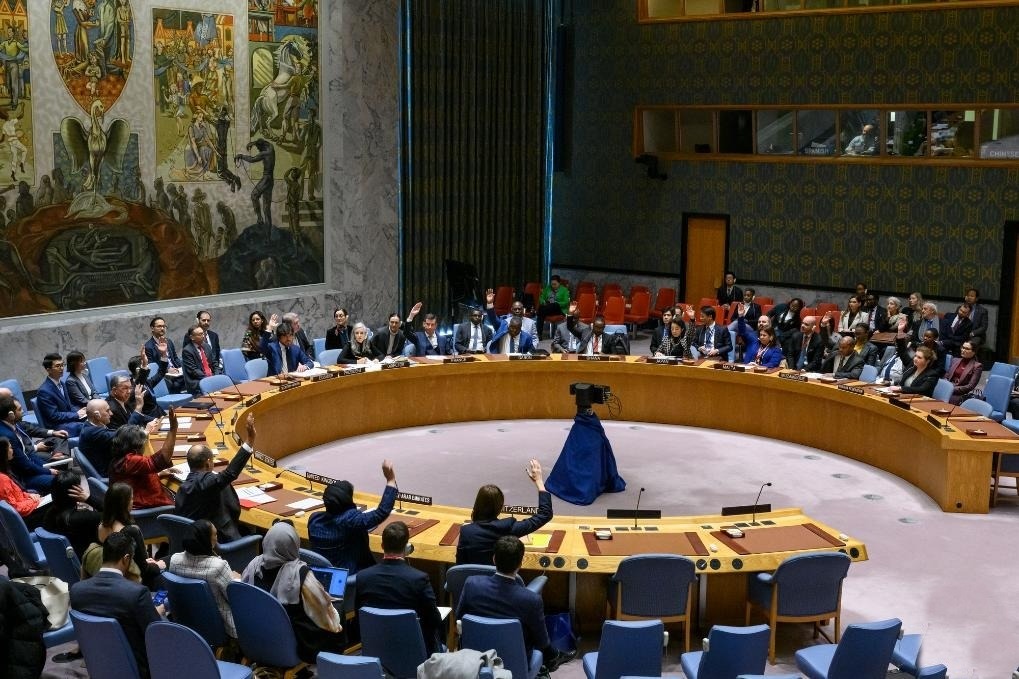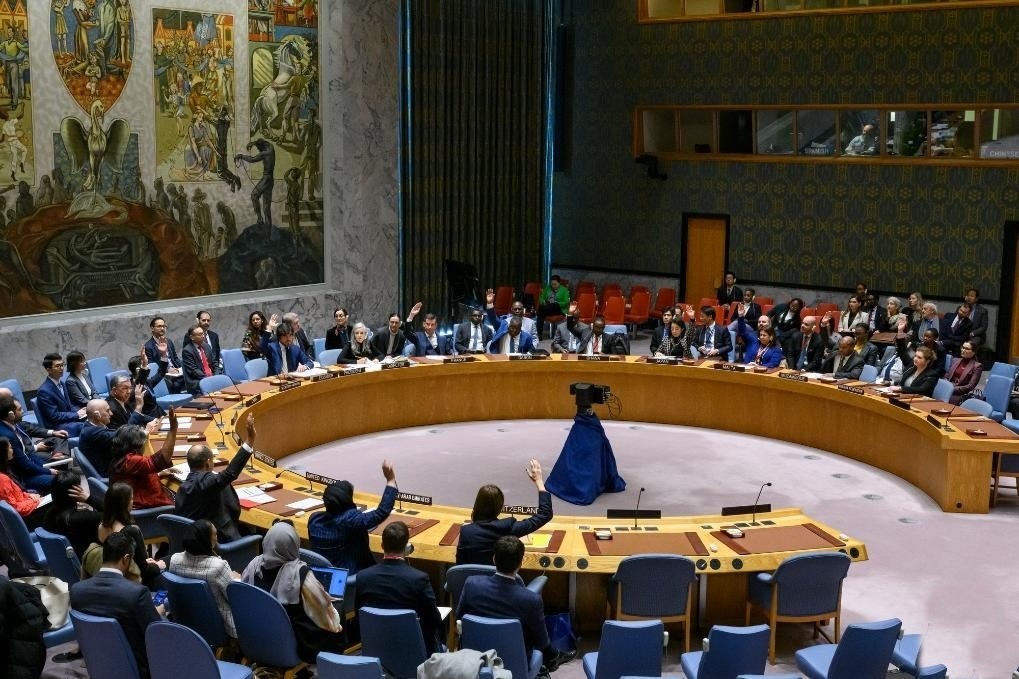Francis emphasised that the current structure, dating back to the post-1945 era, does not align with the present geopolitical realities….reports Asian Lite News
President of the 78th Session of the UN General Assembly, Dennis Francis, said on Wednesday that reforming the United Nations Security Council (UNSC) is “absolutely necessary,” adding that today’s “geopolitical realities” are not reflected in the council.
Francis emphasised that the current structure, dating back to the post-1945 era, does not align with the present geopolitical realities.
“Security Council of United Nations as it currently exists harks back to a period in world history which no longer exists. It was formed, in the immediate post-1945. Since then, the world has changed radically. The geopolitical realities of today are not reflected in the council,” he said.
Addressing claims of the urgent need for democratisation within the council, Francis pointed out that geopolitical dynamics have progressively impeded the council from making crucial decisions, often leading to the use of the veto by certain parties.
“And there are those who claim that the council is in urgent need of democratisation. The fact of the matter is that the council has in recent years been progressively unable to take the decisions necessary in order to system support, strengthening of international peace, and largely for geopolitical reason. The geopolitics, the global dynamics of the geopolitics gets imported into the council and that results invariably in the use of the veto by one or the other party,” he added.
He highlighted the resultant frustration not only in the General Assembly but also among the global population, emphasising the importance of reforms for the benefit of the 8 billion people watching.
“Often this causes immense frustration in the General Assembly, but also beyond, in a key, in a key area of concern for the UN as a whole. And that is the key constituency of the 8 billion people who are looking on. So reform of the council is absolutely necessary,” said the UNGA President.
Acknowledging that some nations may be hesitant to engage substantively in the reform process due to privilege, Francis underscored the woeful inadequacy of the existing formula.
“I don’t think that there is any member of the UN that would deny a need for reform of the council. Of course, there are those who are less anxious to engage substantively in the process of reform because if you are in a privileged position, you are not necessarily in a hurry to lose privilege,” he also said.
He asserted that reforms are inescapable for the multilateral system’s overall interest and the United Nations’ ability to fulfill its mandate. “But I think it is well appreciated that the old formula, the existing formula, is woefully inadequate and in the interest of the system as a whole, of the multilateral system, and of the ability of the United Nations to discharge its mandate, reform is inescapable.”
While expressing a lack of “exciting news” regarding the commencement of formal negotiations for reforms, Francis informed that ongoing discussions among members are focusing on potential elements of the reforms. (ANI)
ALSO READ: Canada Probes India’s Alleged Meddling in 2019 and 2021 Elections

